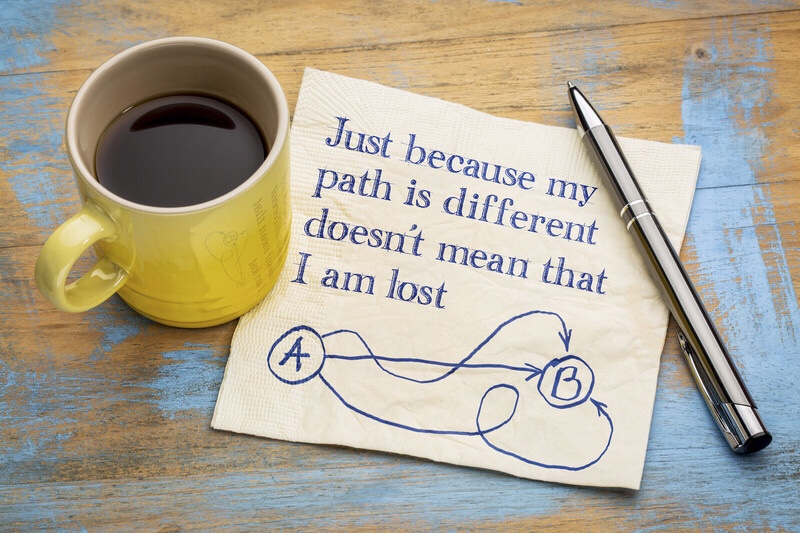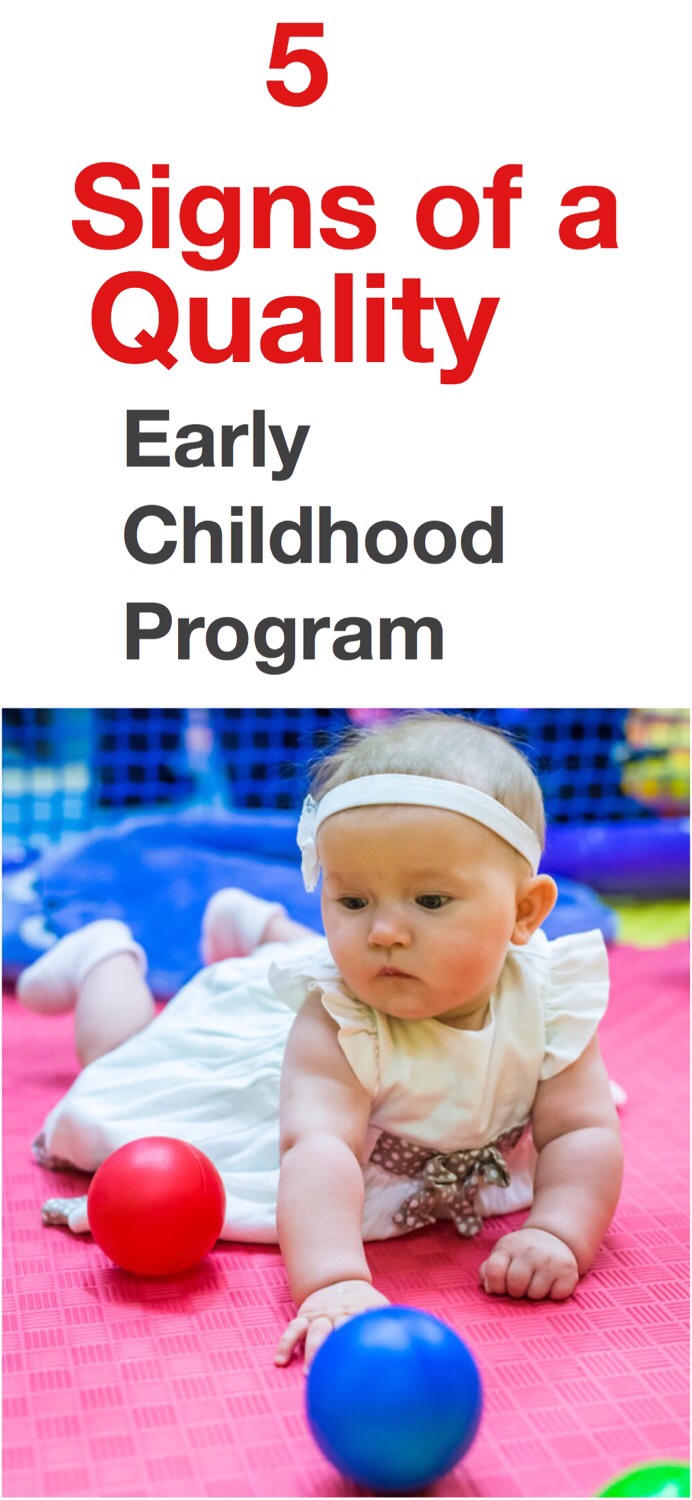
With the way our world is today, for most families, two incomes are a necessity. Unfortunately, this means that a lot of children spend 40 hours or more per week in childcare. With your child spending that much time in one place, you want to ensure that they are receiving quality care. You want to know that they feel welcome and safe. You want to be able to trust your childcare provider with your most precious gifts, your children. Whether the program you are looking at is home based or a larger childcare facility, here are some things to look for to determine whether it is a quality program. You may or may not know, I am a childcare provider so I have an insider’s perspective. I’ve been in many childcare facilities, observed things throughout the years and have heard from families about why or why they did not choose certain childcare programs. You’ll want to take a look at are cleanliness, the classroom environment, staff interactions, policies and procedures and your first impressions of the facility and its management.
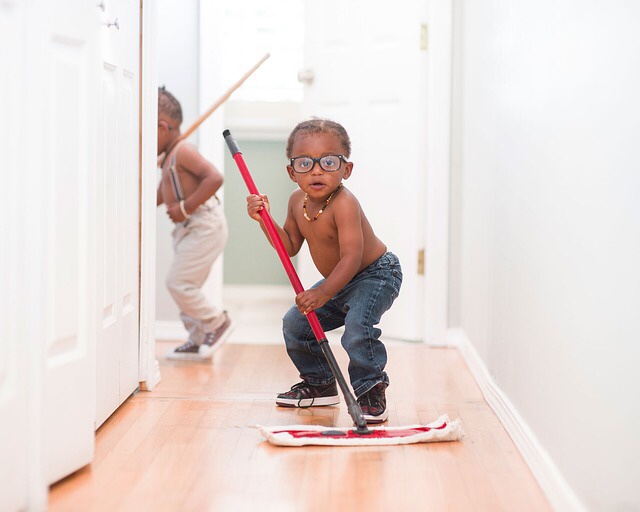
1. Cleanliness
This is really important. It is not only important for children and staff to wash their hands regularly and to wash toys for hygienic purposes, but everything else needs to be cleaned regularly as well. Everything from the lunch tables, floors, walls and especially doorknob handles. You can tell if a place is clean by looking at the following.
Are the floors dirty? This isn’t always an indicator. For example if the children have just come inside and the playground was muddy or if they have just eaten a meal and teachers haven’t had a chance to sweep. If the floor is dirty, but the rest of the place appears clean, it’s probably okay. Does the place smell? There’s nothing worse than going into a stinky place. Can you smell that they’ve used some sort of cleaning products? Are there delicious aromas coming from the kitchen? When I smell the cook making a yummy lunch, it’s always more inviting. If the place smells like one huge diaper pale, you’ll probably want to run out the door. If you’re wondering, I have been in a couple of places like that and I didn’t stay long. This might be harder to pick up on, but are there cob webs or a lot of dust in certain areas? If you see cob webs some where, that could be a sign that cleaning is neglected. Do tables look dirty? This one is similar to the floor. If the children just got done with a meal or doing a messy art activity, the tables may be still dirty. Do toys look dirty or broken? The condition of the toys can be a good indication of cleanliness plus the amount of respect the children have for things in their classroom. Last year, we had a rough group in one of our classes and toys were broken often. What about the children’s bathrooms? Usually the children’s bathrooms are right in the classroom so you can see if they are reasonably cleaned.

2. Management
In most places, your first point of contact is the program director or manager. If you are looking at home based childcare, your point of contact is probably the owner. What are your first impressions of them? How are they treating you and do you feel comfortable? Do they allow you to tour the facility? If they do not let you tour or bring your child for a visit before hand, that raises red flags. You always want to tour first, seeing the whole facility if possible, but especially spending some time in your child’s classroom. The program director should explain policies and procedures, the rooms in the facility, the daily schedules and allow you to ask whatever questions you may have. They should be asking questions too and showing interest in your child.
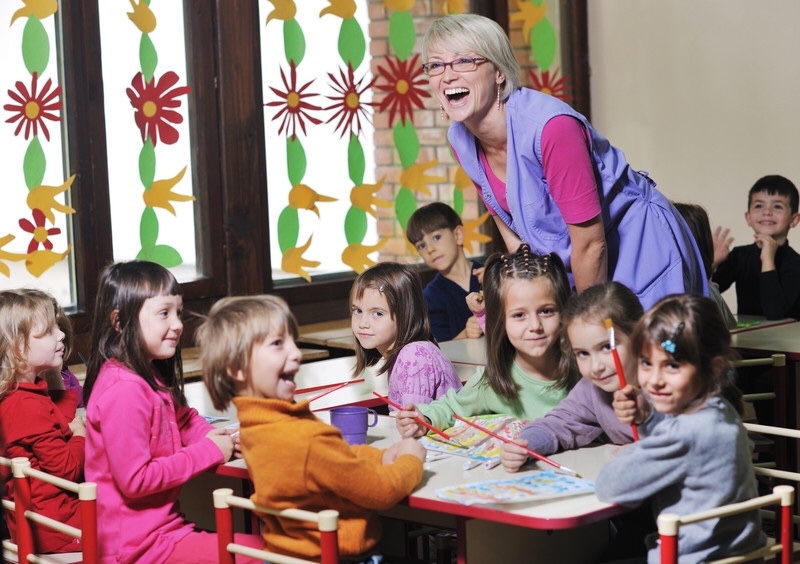
3. Classroom Environment
There should be a place for children to keep their personal belongings. Many places refer to these as cubbies. Are their plenty of toys? There should be a variety of toys and different areas in the classroom. Science or sensory is where children can play with water or sand. They need areas for exploration. Small blocks, stringing beads and puzzles are called Manipulatives. Every class should be using those things to enhance fine motor skills. They may have a kitchen center or a housekeeping corner. Children can use their imaginations doing some dramatic play. There should be a reading corner with plenty of books as well as a place to do art with a variety of materials. There is usually another area for kids to use bigger blocks, cars and trucks or other toys to use more of the larger motor skills. Does the program have any extras? they may have things like a tumble bus, dance classes, cooking for kids, swim lessons etc. Find out what’s unique about your program. I’d also suggest looking at different philosophies and compare it against your parenting style and family preferences. Some places focus on academics, where others use a Montessori or play based approach.

4. Staff Interactions
First, pay close attention to whether you feel comfortable with the staff. Do they look happy, frazzled, tired, frustrated etc. Are they warm and welcoming? Do they answer your questions? What are staff interactions like? Do they work well together as a team or is there plenty of tension in the room? The moods and interactions between staff members is a good indicator of quality. If there is lots of tension and chaos, that may just be the surface of a larger problem. Are they experienced? Some people have a natural gift for working with children and some don’t. Experience may not always be a good indicator, but it helps for teachers to have a background in early childhood education. At least some of the people in the program should be educated in the early childhood field. How long do staff stay with the program? This is a good indicator of a program’s quality. If you have many staff members who work there for long periods of time, it speaks volumes about a well run program. It also is a good indicator of how long your child will have consistency. Finally, observe staff and child interactions if you can to get a feel of how the teachers interact with the children.

5. Policies and Procedures
The manager will probably give you a handbook with tons of information. Please read it. You might come across valuable information that may have been forgotten during the first visit. Some policies you should pay attention to are the sick policy. Most good programs use the Academy of pediatrics as their guide. Find out about their pick up and drop off policies. Can children only be dropped off at certain times? Are there late fees if the child is picked up late? What is their policy on potty training? For example, do children have to be potty trained before entering the preschool class?
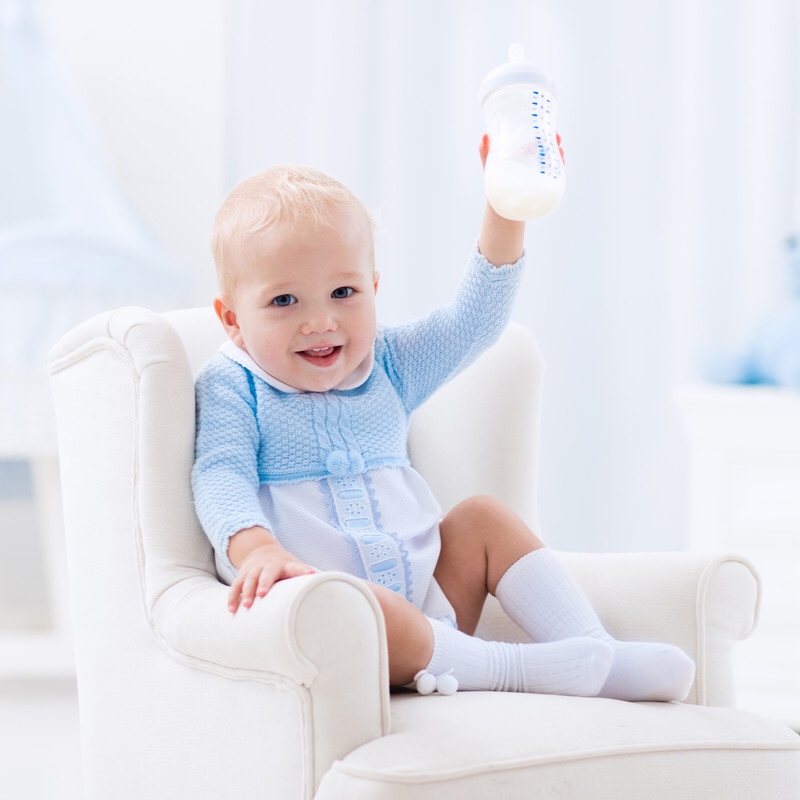
If you have an infant, what are their food prep procedures? Do they expect you to have premade bottles? Do you provide baby food or do they? Some programs serve snacks and lunch and others ask you to provide your own food. For the breast-feeding moms, does the facility have a place for a mother to breast-feed? This is important if you want to drop in during the day to feed your baby. The manager should go over the daily schedule and you should be able to get a feel for what kinds of activities are planned for the children. Do they have an open door policy for parents? Most programs use some sort of assessment tool to track your child’s progress and you may want to ask about that. You’ll want to ask about enrollment paper work and fees.
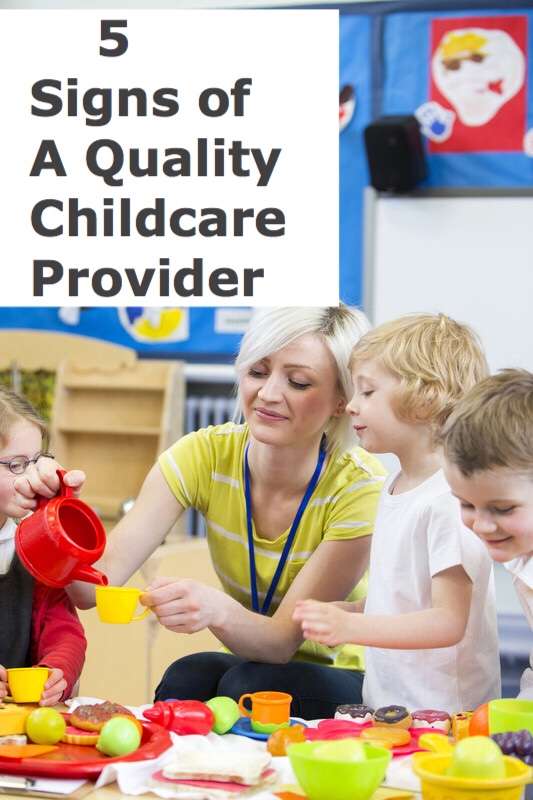
Choosing a childcare provider can be overwhelming and I know this is a lot of information. I hope this list helps you narrow it down and find a wonderful childcare provider or program. Just remember to listen to your gut instinct. If the list is too extensive, just remember a few basic things. Is it clean? Does it seem safe? Do you feel comfortable talking to the teachers and program director? Finally, do you and your child feel at home? If you answered no to any of these questions, continue your search until you find a good fit. It’ll be worth it. I know it is difficult to leave your children in someone else’s hands. As an early childhood educator, I am thankful for the children I’ve met and am grateful that families have trusted me to care for them.

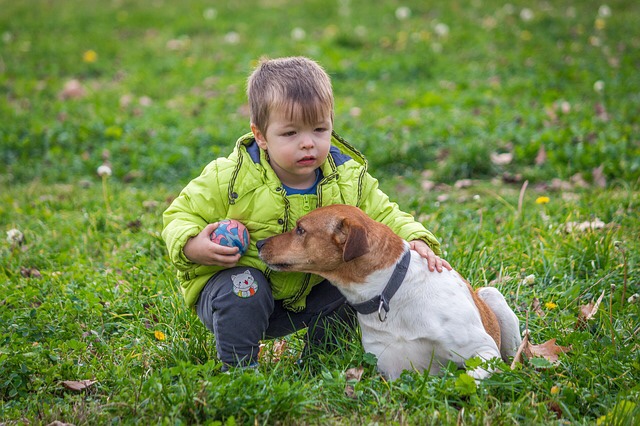

 As I have been exploring what my passions really are, I’ve been wondering if that was my real dream at all. From a young age, I remember wanting to be a mom. I knew I’d have babies. I’d think about possible baby names, fun things I would do with them and what I wanted my family to be like. The thing is, I wasn’t sure how I was going to do that. I had internalized the idea that there was a question of whether I could raise kids. Everything from diaper changes to teaching them life’s lessons. I had no doubt in my mind that I could do it, but somewhere along the way, the messages from society and those around me started to seep in. My confidence slipped and in the back of my mind, I understood that working in childcare could be kind of a preparation. I figured that if I could work caring for children, then people couldn’t question my abilities as a parent. Sometimes I wonder how it would’ve been for me as a parent if I did not have all this early childhood knowledge before hand. I think it would’ve been twice as overwhelming.
As I have been exploring what my passions really are, I’ve been wondering if that was my real dream at all. From a young age, I remember wanting to be a mom. I knew I’d have babies. I’d think about possible baby names, fun things I would do with them and what I wanted my family to be like. The thing is, I wasn’t sure how I was going to do that. I had internalized the idea that there was a question of whether I could raise kids. Everything from diaper changes to teaching them life’s lessons. I had no doubt in my mind that I could do it, but somewhere along the way, the messages from society and those around me started to seep in. My confidence slipped and in the back of my mind, I understood that working in childcare could be kind of a preparation. I figured that if I could work caring for children, then people couldn’t question my abilities as a parent. Sometimes I wonder how it would’ve been for me as a parent if I did not have all this early childhood knowledge before hand. I think it would’ve been twice as overwhelming.
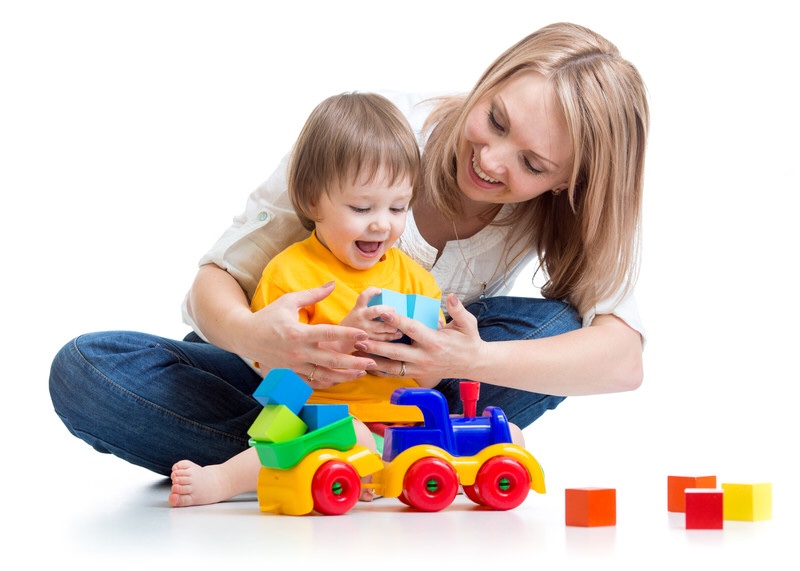 If you’ve been reading my blog, you know that I’ve been exploring different career options and would love to start my own business. Working from home with a flexible schedule so that I can spend more time with Rosebud is still a dream of mine, but for years, I have been wondering what my purpose was. Why have I been stuck in this situation? What lessons haven’t I learned yet? I’ve been so down in recent months that I’ve found it difficult connecting with the kids and have felt like I’m part of a machine. A machine that runs on autopilot. One that doesn’t think and doesn’t feel. That is until recently. A new boy joined one of our classrooms and although I won’t get into specifics of his situation, I feel that he needs an advocate. Someone who understands his situation. Someone who really cares and will look out for him.
If you’ve been reading my blog, you know that I’ve been exploring different career options and would love to start my own business. Working from home with a flexible schedule so that I can spend more time with Rosebud is still a dream of mine, but for years, I have been wondering what my purpose was. Why have I been stuck in this situation? What lessons haven’t I learned yet? I’ve been so down in recent months that I’ve found it difficult connecting with the kids and have felt like I’m part of a machine. A machine that runs on autopilot. One that doesn’t think and doesn’t feel. That is until recently. A new boy joined one of our classrooms and although I won’t get into specifics of his situation, I feel that he needs an advocate. Someone who understands his situation. Someone who really cares and will look out for him.

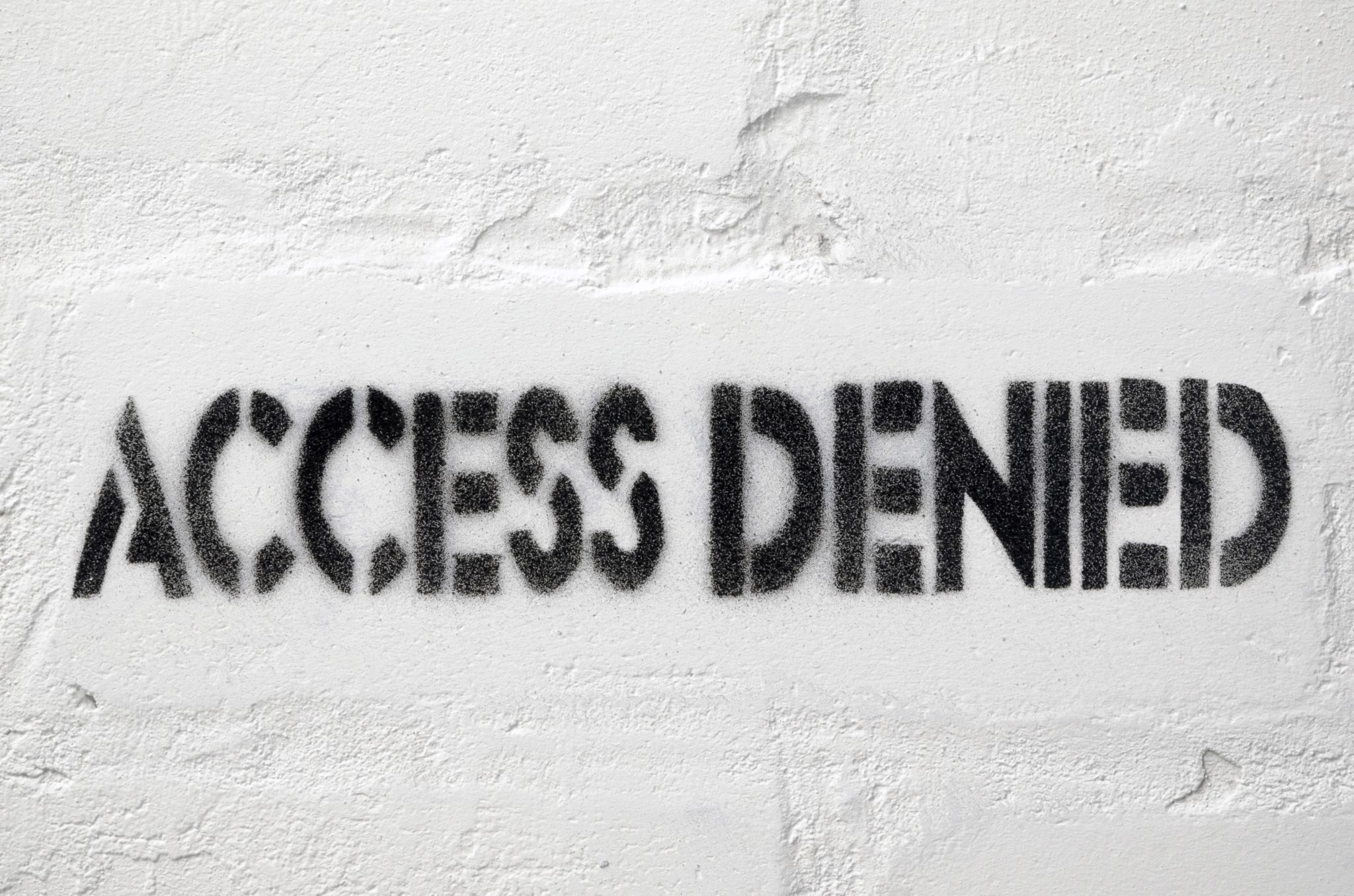


 I am choosing to let go of the transcription business idea. There have been so many obstacles beyond what is normal. First, there was the
I am choosing to let go of the transcription business idea. There have been so many obstacles beyond what is normal. First, there was the  Now, here’s the good part. On that horrible day when I decided that enough was enough, I was scheduled to talk to a life coach. I had come across her in a parenting group on Facebook a few weeks ago. She is currently getting certified, so I asked her about the process and didn’t think much about it. I had almost forgotten about the call and when I realized it was scheduled for that night, I was dreading it. I was in such a horrible mood that I didn’t want to talk to anyone. I wanted to curl up with the blankets over my head. Not to mention that I hate calling anyone I’ve never talked to before, but I made the call anyway. I knew as soon as I heard her voice that I’d like her. She shared lots of information about the program and answered my endless questions. During our call, she did a mini coaching session and when she asked what my dream career would be, my first thought was coaching. I told her that I have really struggled finding a meaningful career and that I’d like to help others to get passed their road blocks and find what excites them. It became glaringly obvious to me that transcription didn’t even pop into my mind.
Now, here’s the good part. On that horrible day when I decided that enough was enough, I was scheduled to talk to a life coach. I had come across her in a parenting group on Facebook a few weeks ago. She is currently getting certified, so I asked her about the process and didn’t think much about it. I had almost forgotten about the call and when I realized it was scheduled for that night, I was dreading it. I was in such a horrible mood that I didn’t want to talk to anyone. I wanted to curl up with the blankets over my head. Not to mention that I hate calling anyone I’ve never talked to before, but I made the call anyway. I knew as soon as I heard her voice that I’d like her. She shared lots of information about the program and answered my endless questions. During our call, she did a mini coaching session and when she asked what my dream career would be, my first thought was coaching. I told her that I have really struggled finding a meaningful career and that I’d like to help others to get passed their road blocks and find what excites them. It became glaringly obvious to me that transcription didn’t even pop into my mind.
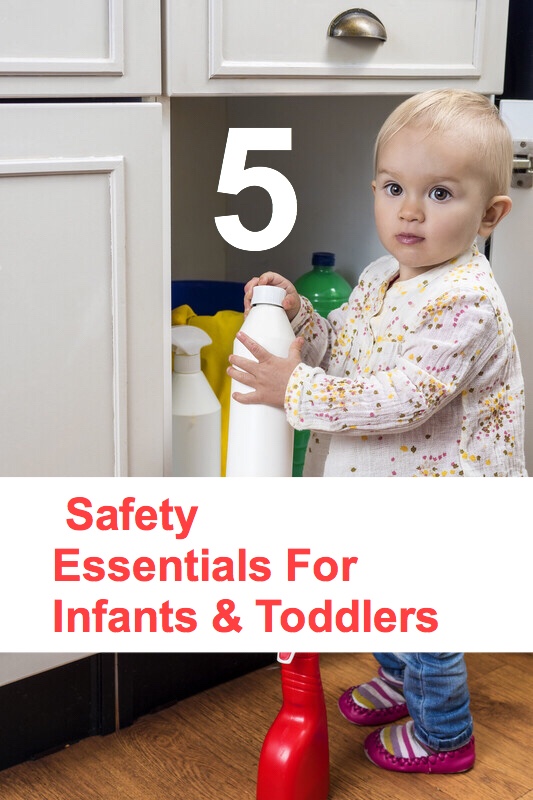
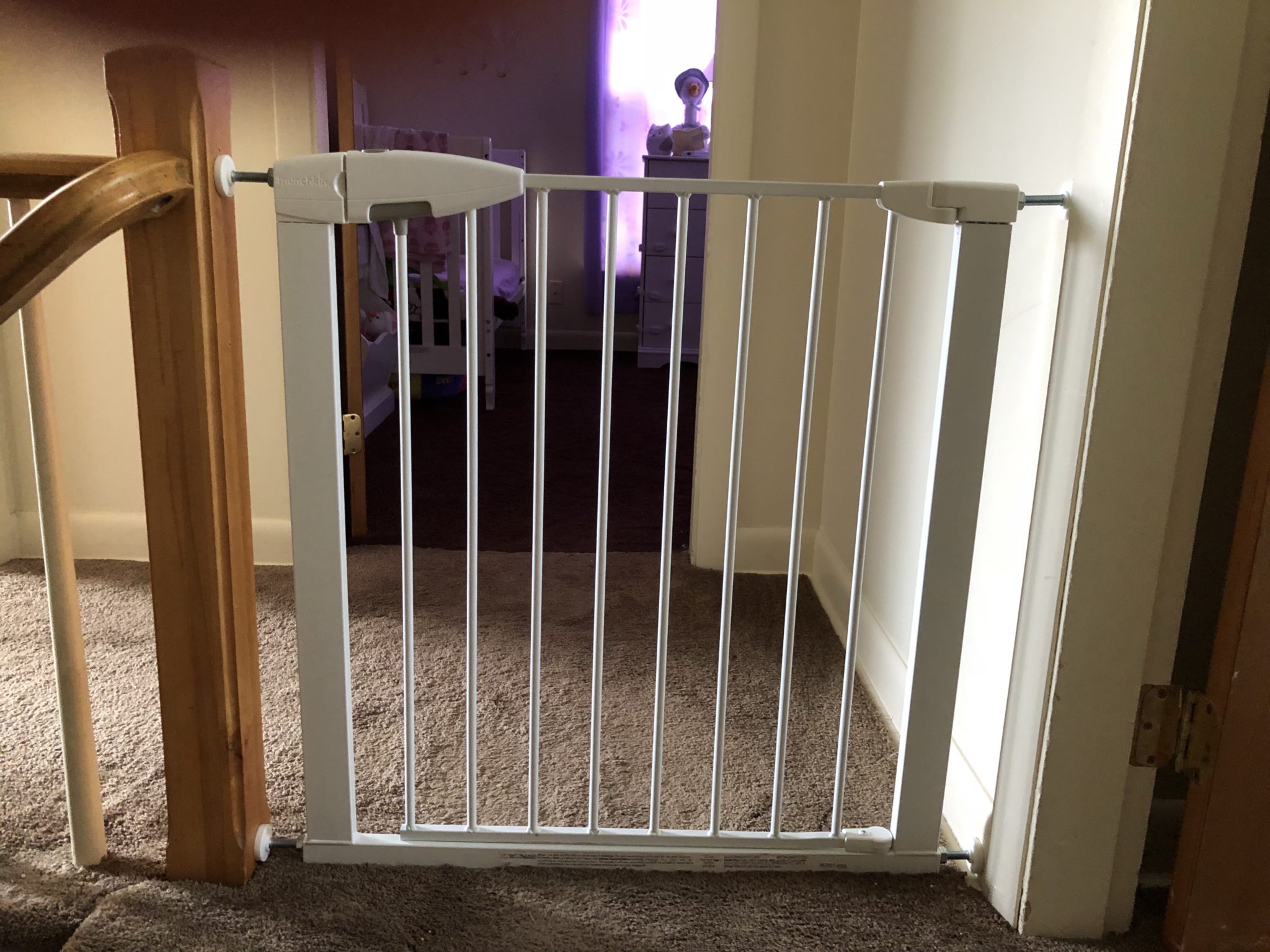
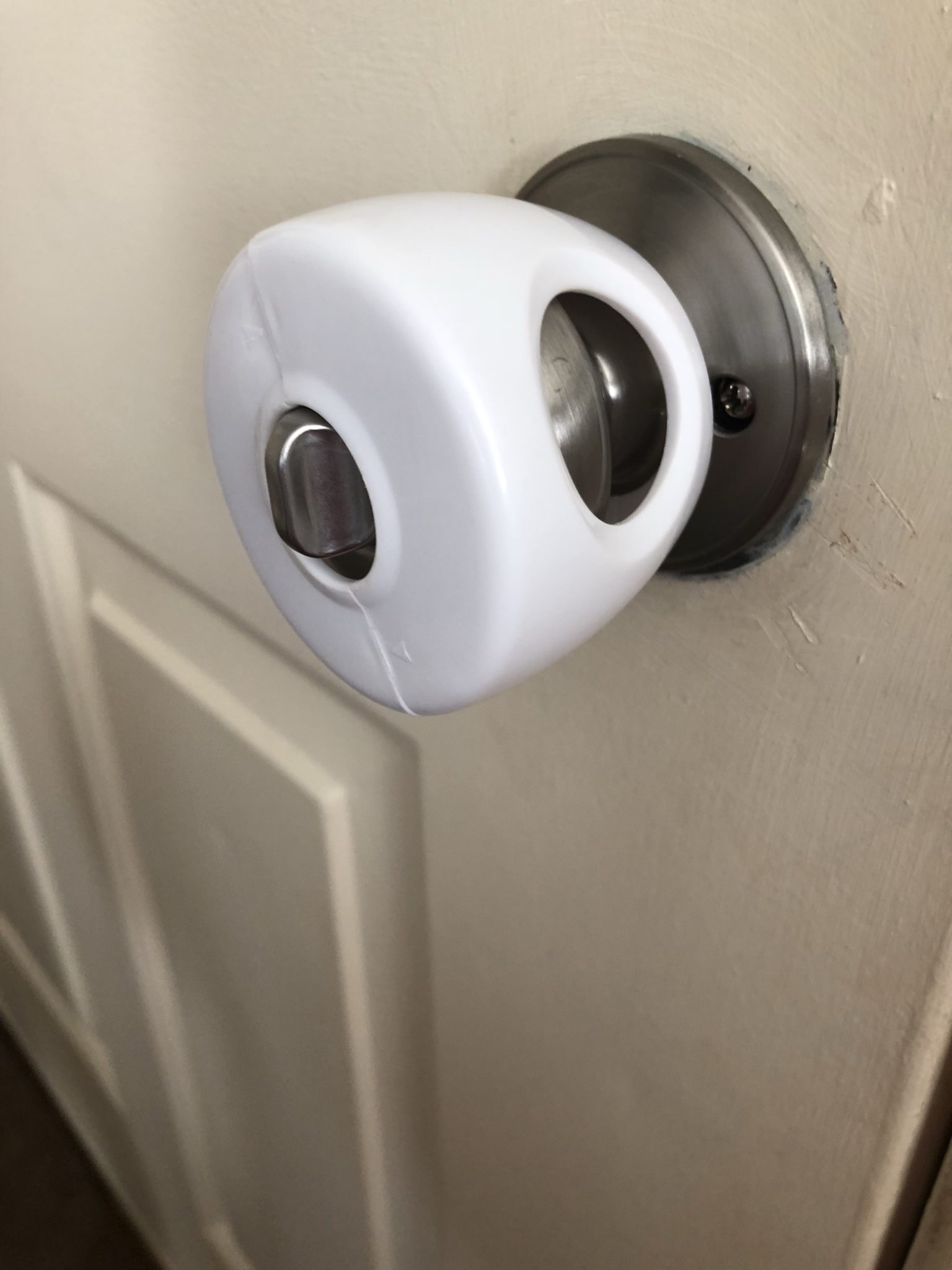
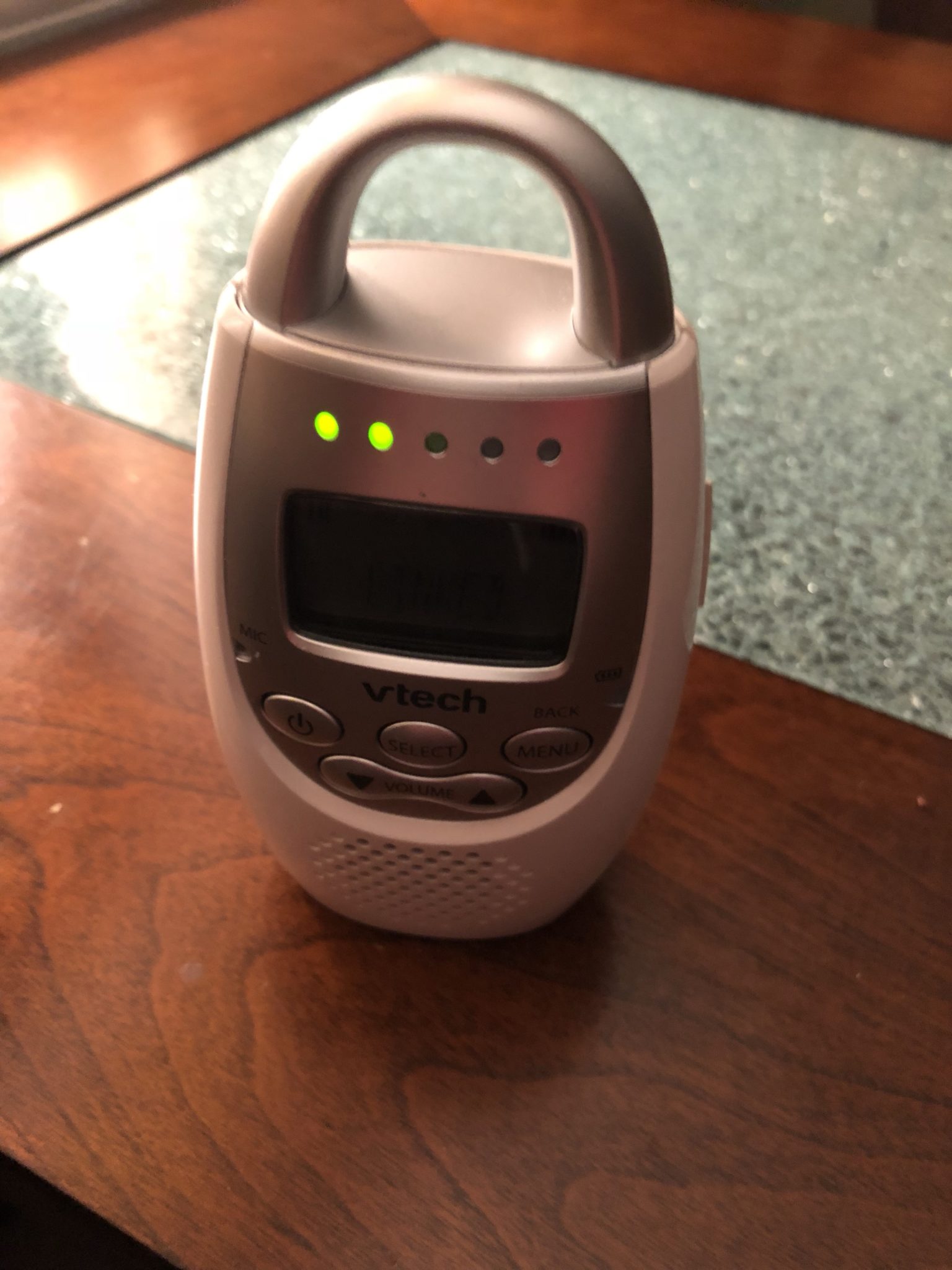
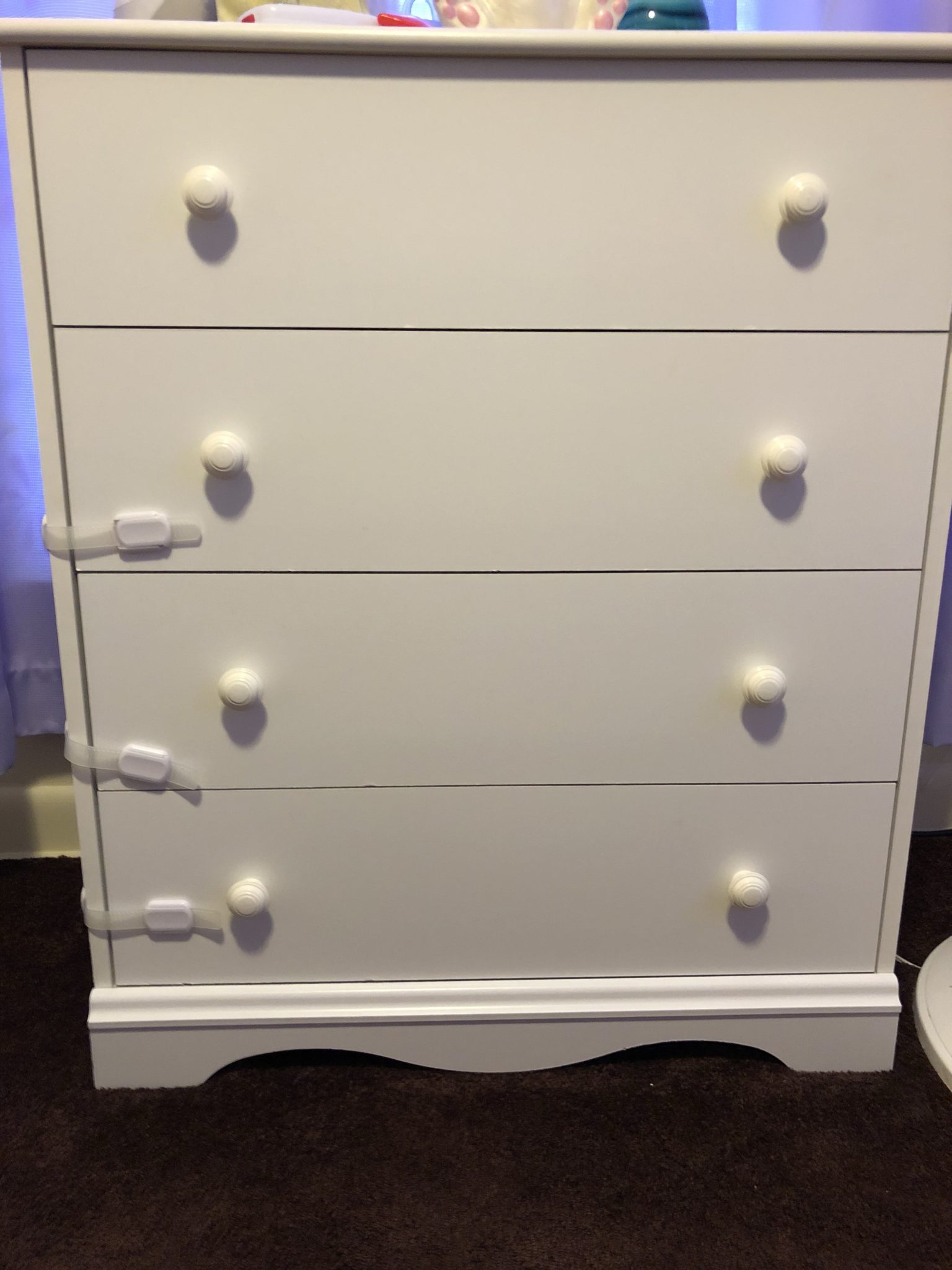
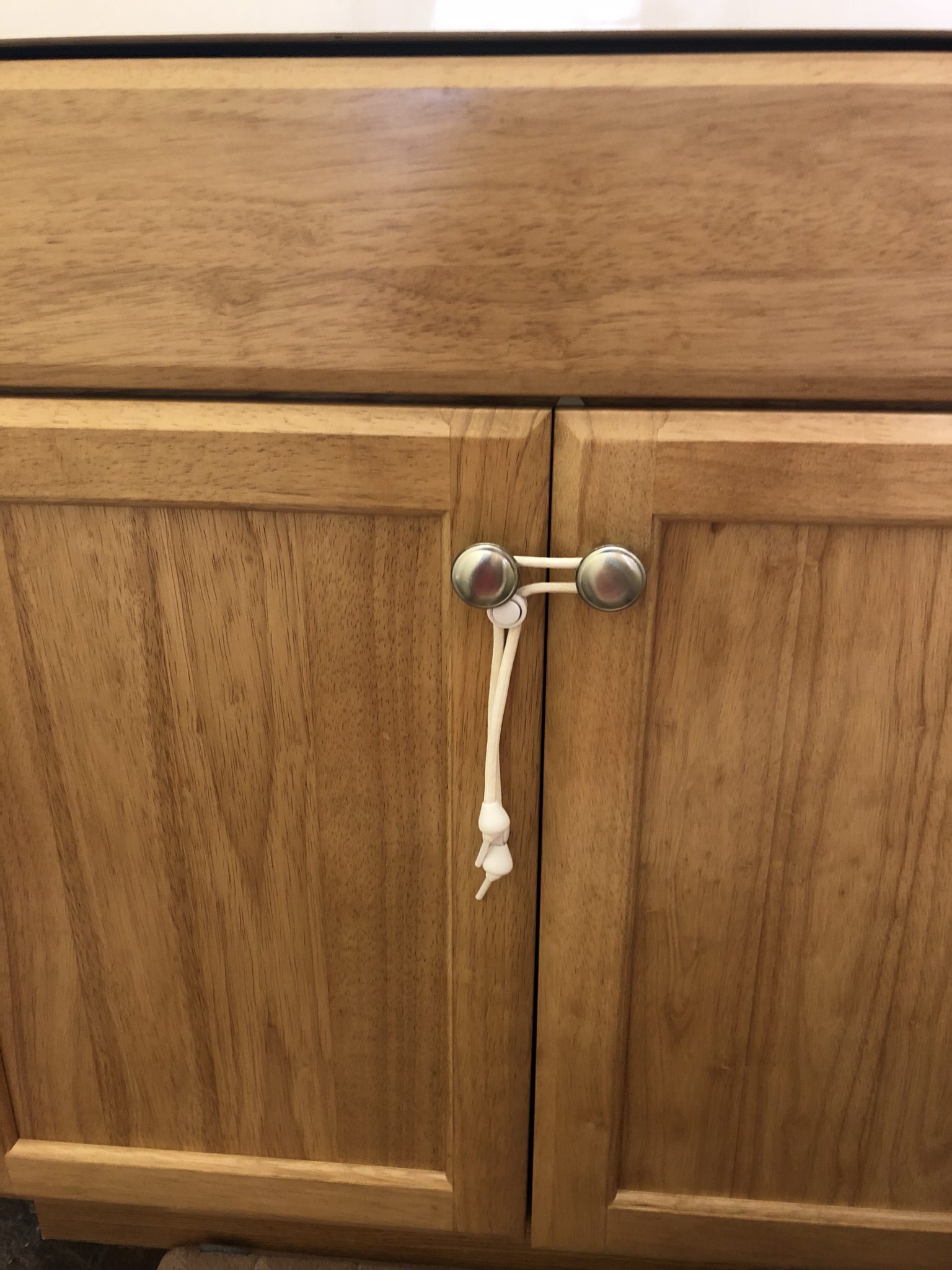

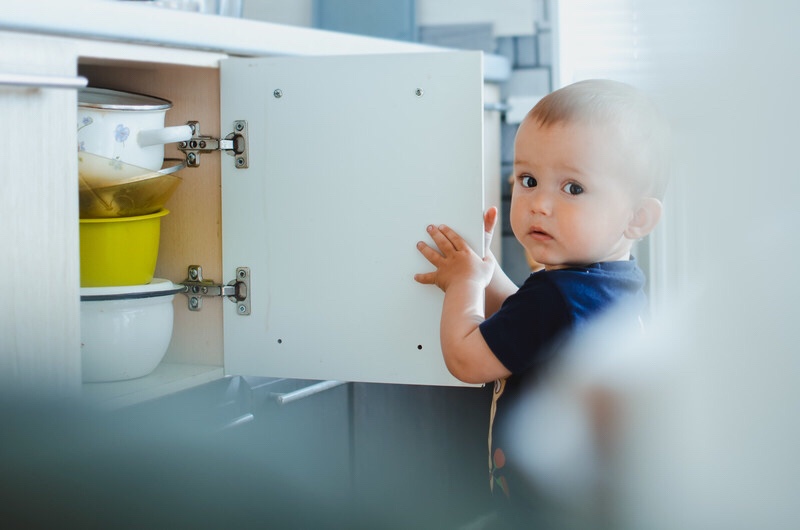
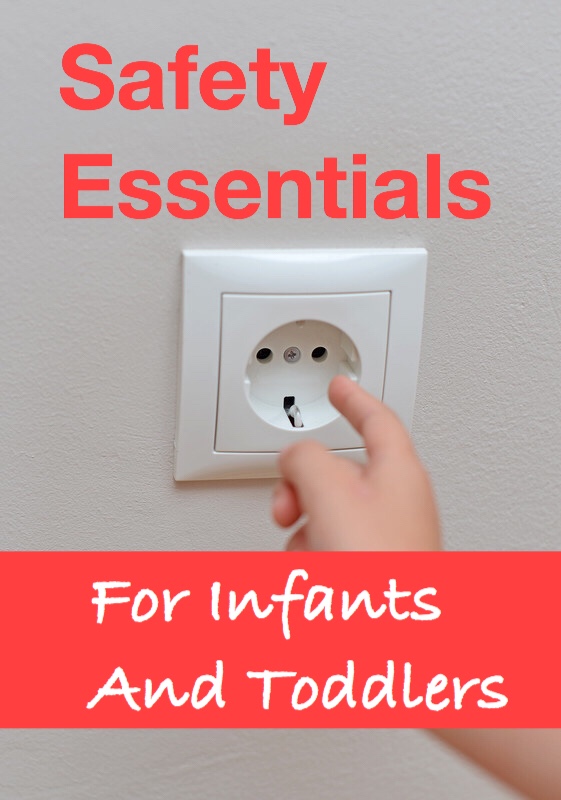
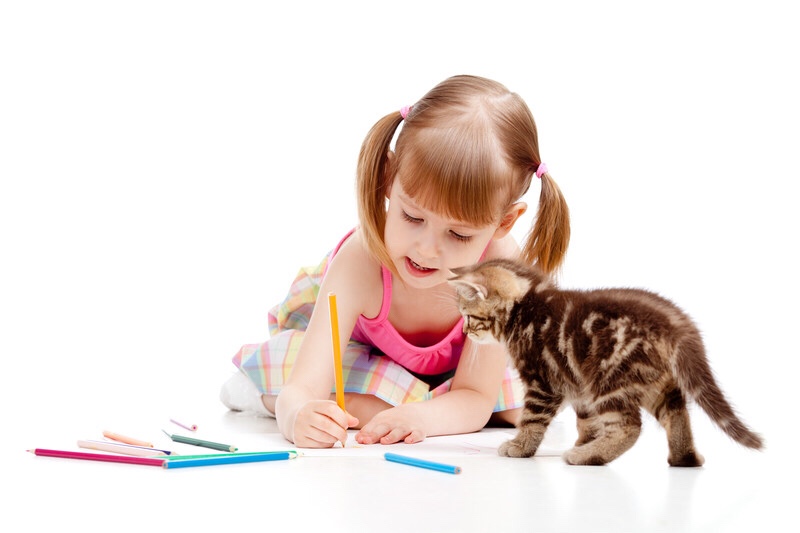 As the afternoon went on, I thought about my abilities as a parent and how some of the things I'm not good at really shake my confidence. There's the dancing which hopefully the neighbors weren't watching. I worried about it unnecessarily. Am I good enough? Am I doing this right? Then I have to remind myself that it's not about being good enough. It's about spending the time together and having fun. I'm horrible at drawing and Rosebud loves to draw. She is always asking me to draw with her. My shapes are crooked, the lines are rarely ever straight and forget coloring inside the lines, especially if the picture is complicated. It doesn't stop me from trying, but it always nags at me that's not good. I'm not showing her the right way and as she gets older, will this bother her? Probably not as much as it bothers me. I try because I want to be involved in what she's doing. Isn't that what's important?
As the afternoon went on, I thought about my abilities as a parent and how some of the things I'm not good at really shake my confidence. There's the dancing which hopefully the neighbors weren't watching. I worried about it unnecessarily. Am I good enough? Am I doing this right? Then I have to remind myself that it's not about being good enough. It's about spending the time together and having fun. I'm horrible at drawing and Rosebud loves to draw. She is always asking me to draw with her. My shapes are crooked, the lines are rarely ever straight and forget coloring inside the lines, especially if the picture is complicated. It doesn't stop me from trying, but it always nags at me that's not good. I'm not showing her the right way and as she gets older, will this bother her? Probably not as much as it bothers me. I try because I want to be involved in what she's doing. Isn't that what's important?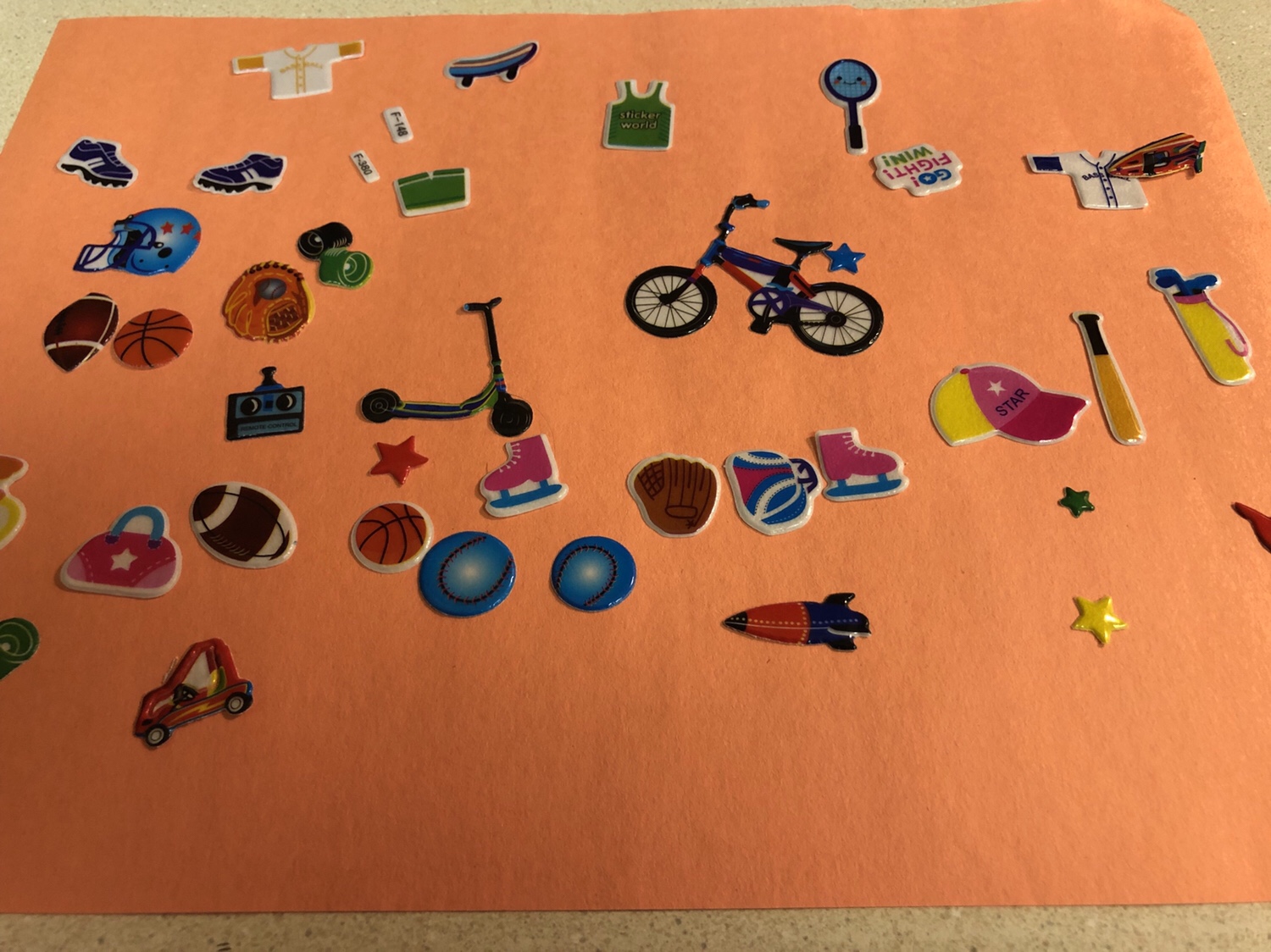
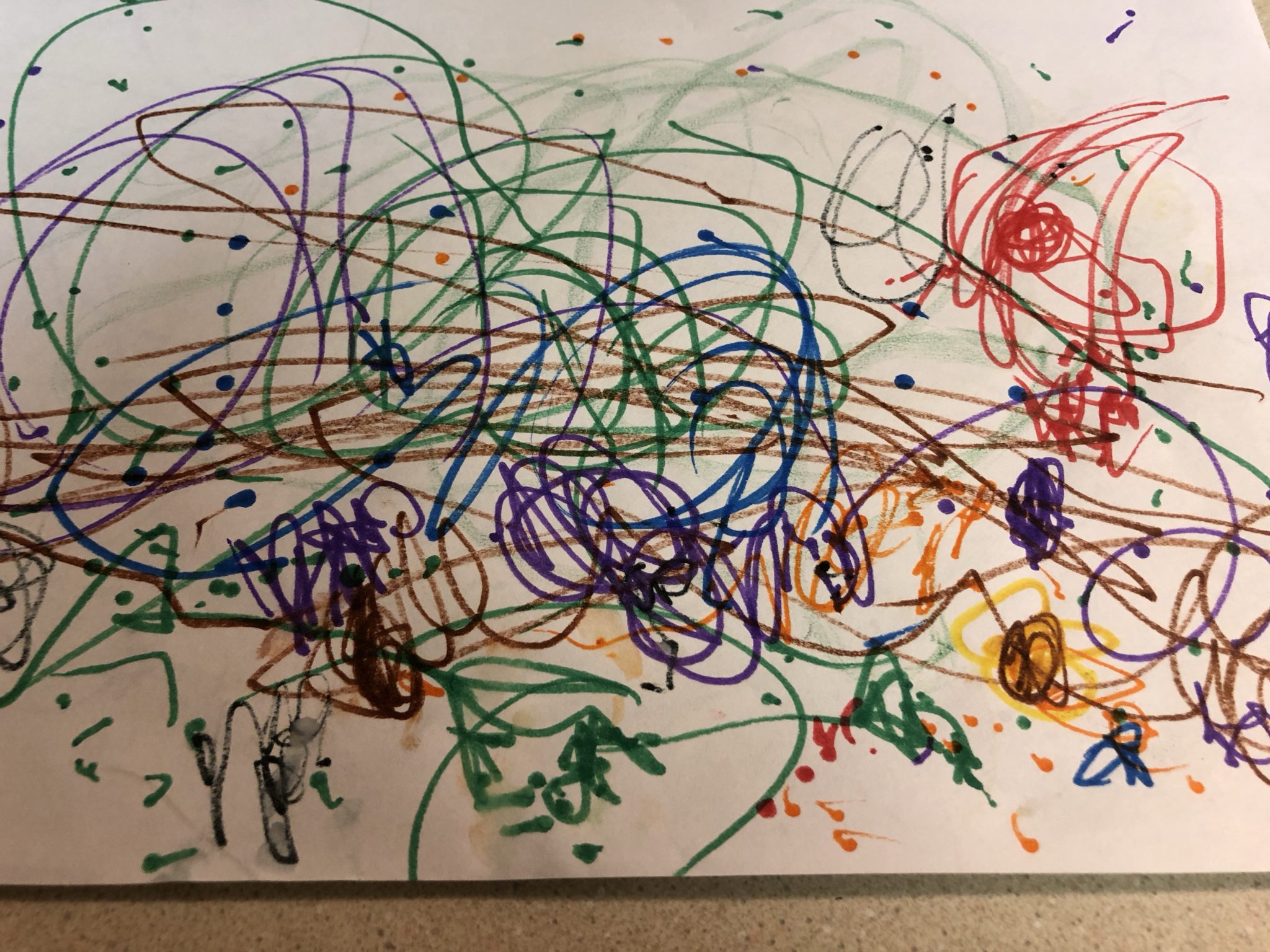 There are people out there who don't even know me who might question my abilities as a parent. I might be a terrible dancer, a little socially awkward and color outside the lines, but I can fix boo-boos, bake
There are people out there who don't even know me who might question my abilities as a parent. I might be a terrible dancer, a little socially awkward and color outside the lines, but I can fix boo-boos, bake  I’m in the beginning stages of starting a business. If I had to compare the process to anything. It would be a plant. It’s a seed right now, but every day, it gets closer to sprouting. Each day, I take one more step closer to this goal. Also, I am being inspired by different things in relation to my writing. I am thinking a lot about my past and how my experiences have shaped who I am, so I will occasionally share that with my readers. I feel that with our political climate the way it is, it is important to share experiences so we can be more connected. These days, it’s easy to lose touch with humanity. We can hide behind a screen. We can stay in our own little bubble with liked-minded people. We all need need like-minded people in our lives, but seeing other perspectives helps us grow. It seems easier than ever to exclude those who aren’t like us. They are removed from us, so it’s easy to forget that many of our experiences are the same at the roots. In order for things to improve for all of us, especially our children who are growing up in this world we don’t understand, this needs to change. What would happen if anyone could reach out and find a mutual point of understanding or a shared experience? I have to write about what inspires me even if it makes others uncomfortable. I know it’s not everyone’s cup of tea.
I’m in the beginning stages of starting a business. If I had to compare the process to anything. It would be a plant. It’s a seed right now, but every day, it gets closer to sprouting. Each day, I take one more step closer to this goal. Also, I am being inspired by different things in relation to my writing. I am thinking a lot about my past and how my experiences have shaped who I am, so I will occasionally share that with my readers. I feel that with our political climate the way it is, it is important to share experiences so we can be more connected. These days, it’s easy to lose touch with humanity. We can hide behind a screen. We can stay in our own little bubble with liked-minded people. We all need need like-minded people in our lives, but seeing other perspectives helps us grow. It seems easier than ever to exclude those who aren’t like us. They are removed from us, so it’s easy to forget that many of our experiences are the same at the roots. In order for things to improve for all of us, especially our children who are growing up in this world we don’t understand, this needs to change. What would happen if anyone could reach out and find a mutual point of understanding or a shared experience? I have to write about what inspires me even if it makes others uncomfortable. I know it’s not everyone’s cup of tea. This weekend, I listened to the
This weekend, I listened to the 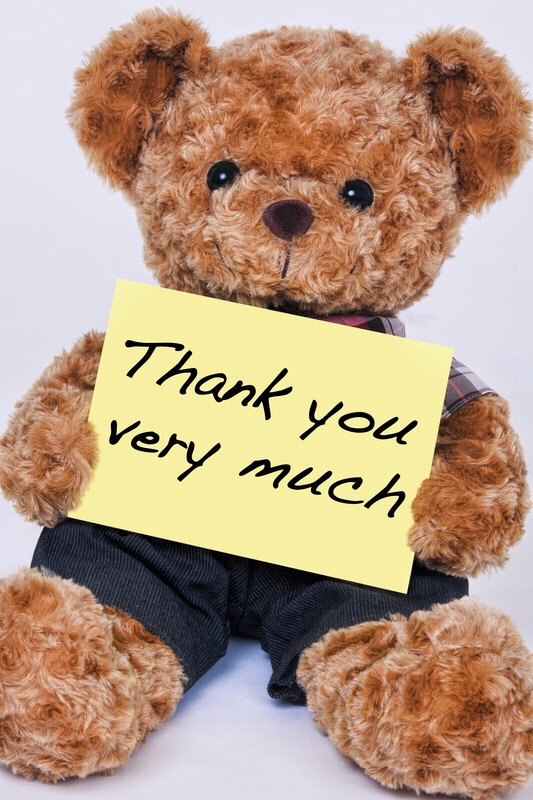



 Several years ago, I applied to a mental health counseling graduate program at one of the local universities. It was quite a process. I did a lot of research on the program to see if it would be a good fit. Everything seemed okay except I had to take the MAT. I didn’t do great on the SATs so I dreaded this and of course it was horrible. Since I didn’t have much time and all the study guides were inaccessible to me, my mom and I poured over so many words we had never heard of and or couldn’t pronounce. If you don’t know what a word means, how can you compare it to another word? Most of the MAT is analogies. The only similarity to me was that these were groups of words that no one uses, ever! I got a score on the MAT that was good enough to get into the program, but it was only by a tiny margin.
Several years ago, I applied to a mental health counseling graduate program at one of the local universities. It was quite a process. I did a lot of research on the program to see if it would be a good fit. Everything seemed okay except I had to take the MAT. I didn’t do great on the SATs so I dreaded this and of course it was horrible. Since I didn’t have much time and all the study guides were inaccessible to me, my mom and I poured over so many words we had never heard of and or couldn’t pronounce. If you don’t know what a word means, how can you compare it to another word? Most of the MAT is analogies. The only similarity to me was that these were groups of words that no one uses, ever! I got a score on the MAT that was good enough to get into the program, but it was only by a tiny margin.
